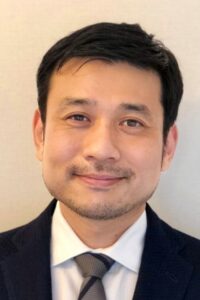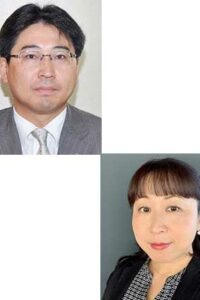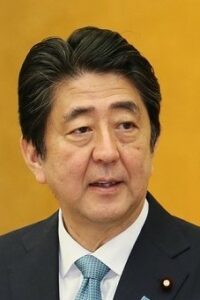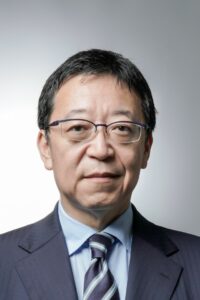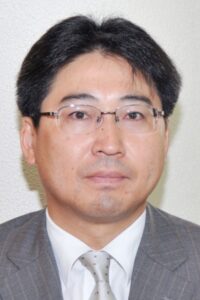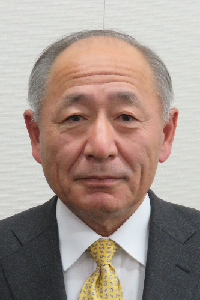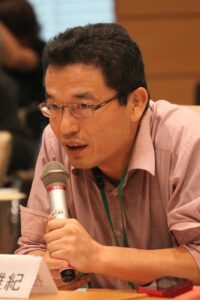
The progress of SDGs has stalled or regressed in the COVID-19 pandemic. Yet if we compare COVID-19 to each of the SDGs, the SDGS become a “compass in times of crisis.” From health to governance, the SDGs are a “mindset” in a world living with COVID-19. Inaba Masaki, Chair, Japan Civil Society Organization Network on Global Health In September 2019, the “Sustainable Development Goals Summit” was held at the United Nations Headquarters in New York. Concern was expressed that the progress of the SDGs was lagging behind and that if the situation continued, many of the goals would not be achieved by the deadline. The Summit resulted in the adoption of a “political declaration,” setting the next ten years as the “decade of action” to achieving the SDGs. At that time, we still did not know what was to come. We did ... ... [Read more]
